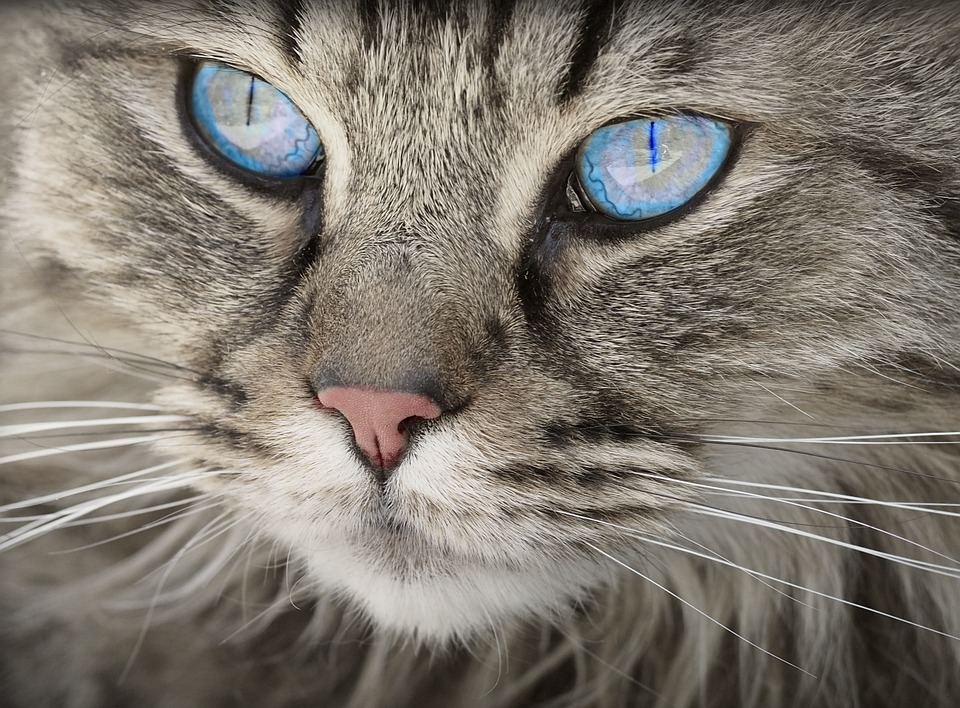As cat owners, it’s important to prioritize the dental health of our feline friends. Neglecting their oral hygiene can lead to various health issues, including periodontal disease, tooth resorption, gingivitis, halitosis, and even systemic health problems. To prevent these issues and keep your cat’s teeth healthy, there are several steps you can take.
Regular brushing is the most effective way to maintain your cat’s dental health. Gradually introduce toothpaste and a soft-bristled toothbrush designed for cats, and aim to brush their teeth at least two to three times a week. This will help remove plaque and prevent tartar buildup.
In addition to brushing, there are dental treats and toys available that can promote your cat’s oral hygiene. Look for products approved by veterinary dental associations, as they can help reduce plaque and tartar buildup.
Dietary considerations are also important for your cat’s dental health. Choose high-quality cat food that supports dental care, such as those formulated to reduce plaque and tartar. Avoid feeding your cat sticky or sugary treats, as they can contribute to dental issues.
Regular veterinary check-ups are crucial for your cat’s overall health, including their dental health. Your veterinarian should include a thorough oral examination during routine examinations. They can identify any dental issues early on and provide appropriate treatment.
In some cases, professional dental cleanings may be necessary for your cat. Just like humans, cats may require cleanings under anesthesia to remove plaque and tartar buildup that cannot be addressed through regular brushing alone. Your veterinarian will recommend the frequency of these cleanings based on your cat’s dental health.
Here are some frequently asked questions about cat dental care:
1. How can I tell if my cat has dental problems?
Look out for signs such as bad breath, difficulty eating, drooling, pawing at the mouth, and swollen or bleeding gums. If you notice any of these symptoms, it’s important to consult your veterinarian.
2. Can I use human toothpaste for my cat?
No, human toothpaste contains ingredients that are toxic to cats. Always use toothpaste specifically formulated for cats.
3. My cat refuses to let me brush their teeth. What should I do?
Start by gently introducing your cat to the toothbrush and toothpaste. Gradually increase the time and pressure while rewarding your cat with treats and positive reinforcement. Patience and consistency are key.
4. How often should my cat have professional dental cleanings?
The frequency of professional cleanings depends on your cat’s dental health. Your veterinarian will recommend a schedule based on your cat’s specific needs.
5. Are there any alternative dental care options for cats?
If your cat refuses to tolerate tooth brushing, consult your veterinarian for alternative options such as dental rinses or dental gels that can help maintain oral health.
By following these guidelines and providing regular dental care, you can ensure your cat’s teeth stay healthy, and they enjoy a pain-free and happy life. Remember, a little effort in maintaining your cat’s dental health can go a long way in preventing serious dental issues and promoting their overall well-being.








